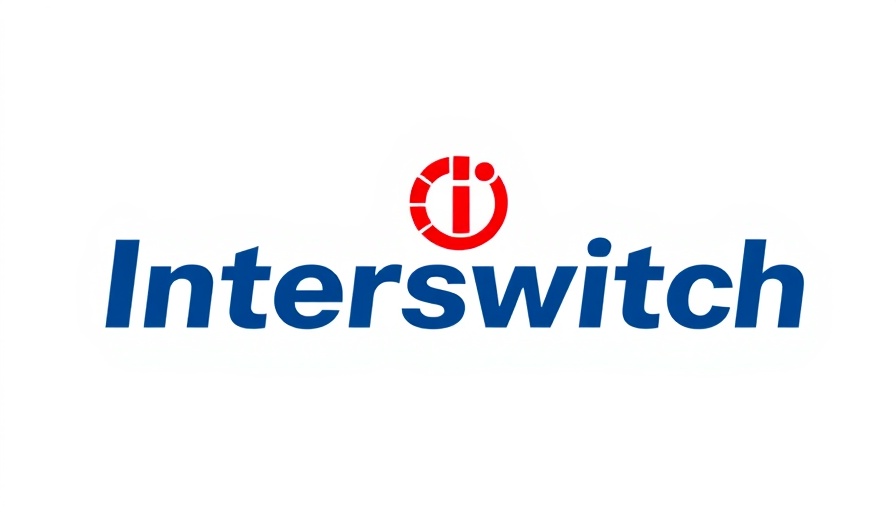
Revolutionizing Mobile Services in Nigeria
Systegra Technologies Ltd., a Tier-5 MVNE licensee based in Nigeria, is set to transform the mobile services landscape in the nation. By partnering with Amdocs, Systegra is bringing innovative solutions that enable Mobile Virtual Network Operators (MVNOs) to thrive without hefty infrastructure investments.
What is a Tier-5 MVNE?
As a Mobile Virtual Network Enabler, Systegra operates as a backbone for smaller mobile operators. This means they will facilitate third-party companies that lack their own infrastructure to offer mobile services seamlessly. This collaborative approach not only boosts competition in Nigeria's telecommunications market but also supports local enterprises looking to enter the mobile sector.
Amdocs ConnectX: A Game-Changer for MVNOs
The collaboration with Amdocs centers around the ConnectX platform, which harnesses advanced Business Support Systems (BSS) and charging systems, effectively democratizing access to sophisticated telecommunications technology. This cloud-native solution, hosted by Amazon Web Services (AWS), provides 50 TM Forum compliant APIs, allowing rapid deployment and scalability for predicted customer demand.
The Broader Impact on Nigeria’s Digital Transformation
This initiative supports the Nigerian Communications Commission's vision to drive innovation within the telecom industry. By enhancing access to 3G, 4G, and 5G services, Systegra Technologies is poised to contribute significantly to Nigeria's digital transformation. They are not just offering services; they are providing solutions that lead to enhanced connectivity, better customer choices, and ultimately, growth in various sectors like fintech and AI.
Empowering Local Innovation
The potential ripple effect of Systegra's advancements in infrastructure will empower local startups and innovators in areas such as AI, fintech, and automation in Africa. The facilitation of innovative services means that entrepreneurs can focus on creating scalable solutions rather than worrying about the complexities of base infrastructure.
A Commitment to Enhanced Experience
According to Mitchell Elegbe, the CEO of Interswitch Group, Amdocs’ capabilities in multi-tenancy and operational flexibility align with Systegra’s objective to provide an unmatched digital experience. This partnership validates the growing trend of tech collaboration that is transforming African markets.
A Call for Unwavering Growth
C-Suite leaders, investors, and entrepreneurs should closely follow Systegra Technologies as they pave the way for extraordinary advancements in Nigeria. The growth of mobile services is not just a tech story; it’s a narrative about inclusivity, innovation, and the future of work in Africa. As the continent hurdles towards digital transformation, such collaborations will be pivotal. Investors looking to capitalize on the next wave of tech disruption should not overlook these developments.
 Add Row
Add Row  Add
Add 


Write A Comment